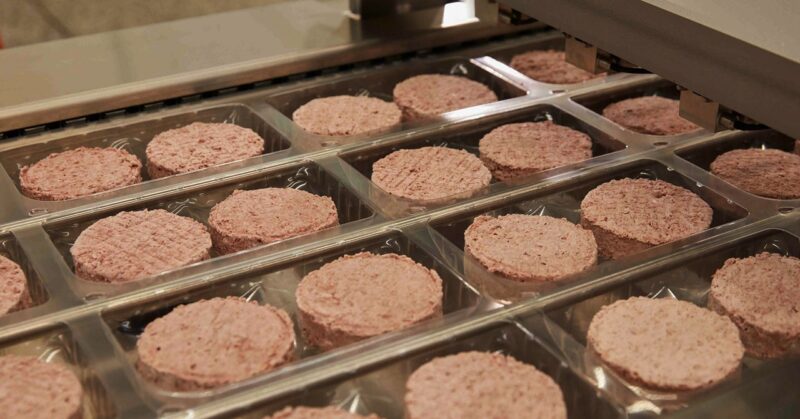Over the past three years, the plant-based meat industry has experienced a major reversal in vibes. Sales boomed in the early months of the pandemic, as slaughterhouse shutdowns disrupted conventional meat supply chains and shoppers started trying out meatless burgers, sausages, and seafood instead.
Between 2018 and 2021, total sales of plant-based foods in the US grew from $4.8 billion to $7.4 billion, with much of that growth driven by plant-based meat in particular.
But a new report on sales of vegan meat, dairy, and seafood suggests that enthusiasm for plant-based products might be slowing down.
One big challenge in the US is the price of plant-based alternatives.
Although there has been a lot of excitement around meat alternatives, plant-based milk is still by far the biggest seller when it comes to plant-based foods.
If you add together all other adjacent sectors, including plant-based butter, ice cream, yogurt, and cheese, then US sales of plant-based dairy alternatives accounted for nearly $5 billion in 2023.
Fans of plant-based meat point out that people swapping beef burgers for plant-based patties would significantly reduce the carbon footprints of our diets.
Prominent brands within the space are trying to move beyond the morass. Earlier this year, Impossible Foods relaunched its range of alternatives with a new, meatier style deliberately aimed at bringing “meat lovers” into the plant-based fold.
Rising concerns about so-called ultraprocessed food have also buffeted the plant-based meat industry, given the high amount of processing usually needed to make its products.
Whether this plant-based pivot succeeds or not, there is a lot at stake when it comes to the climate impact of our diets. For now, it seems, the plant-based revolution—in the US at least—is getting a slower start than many hoped.


